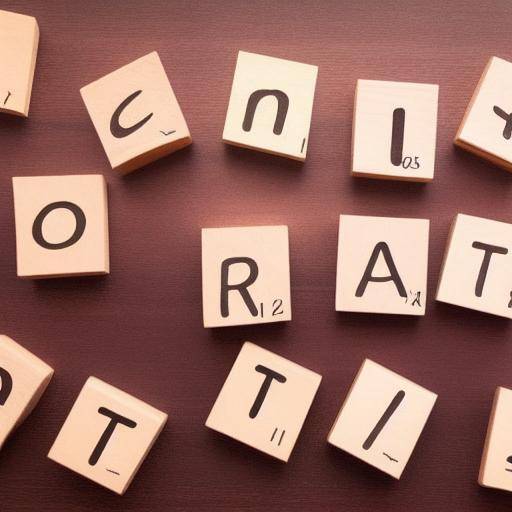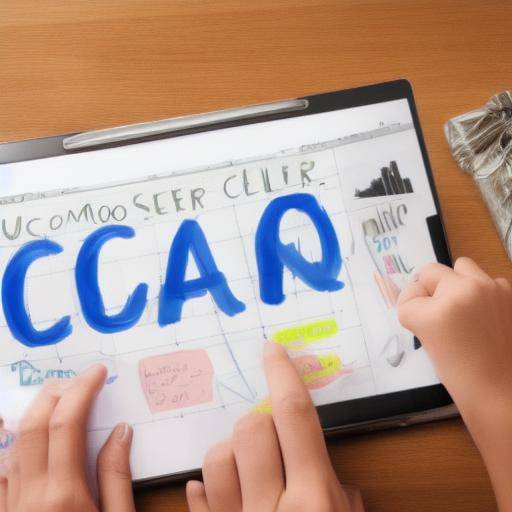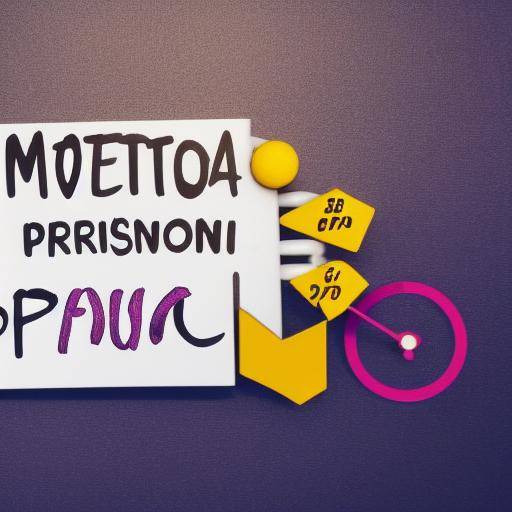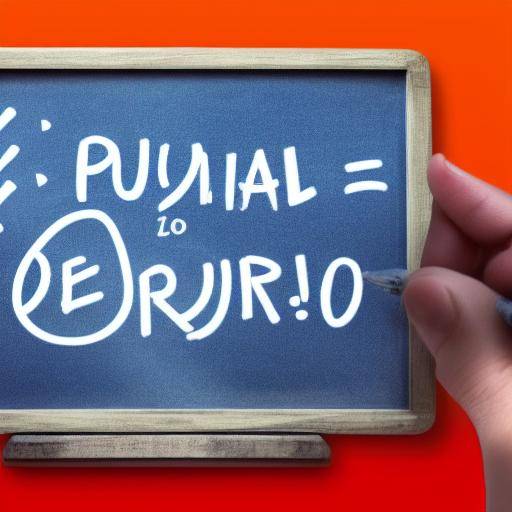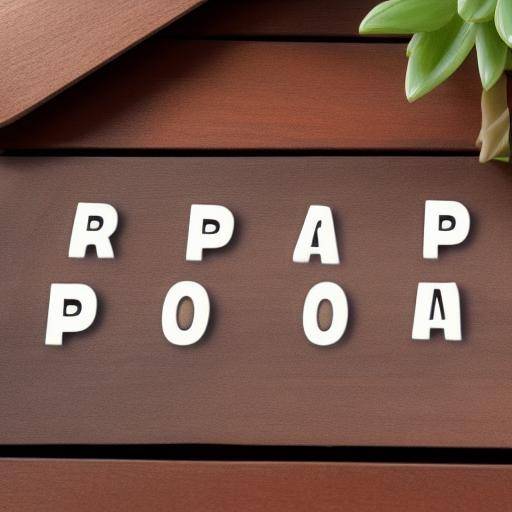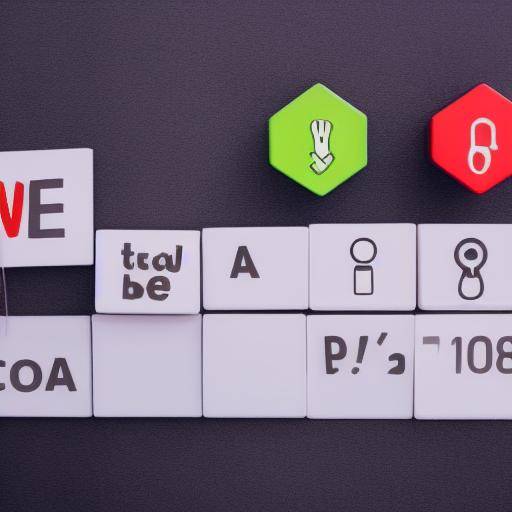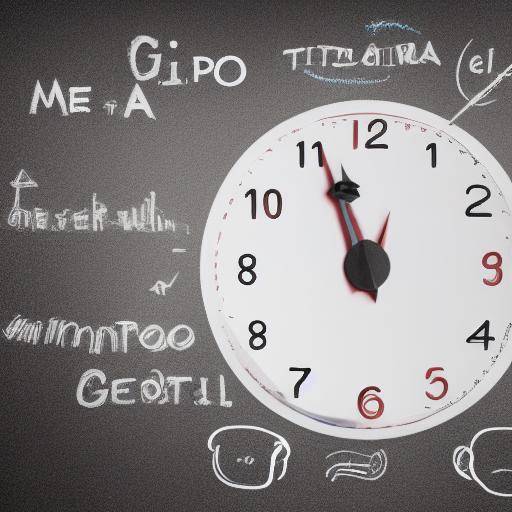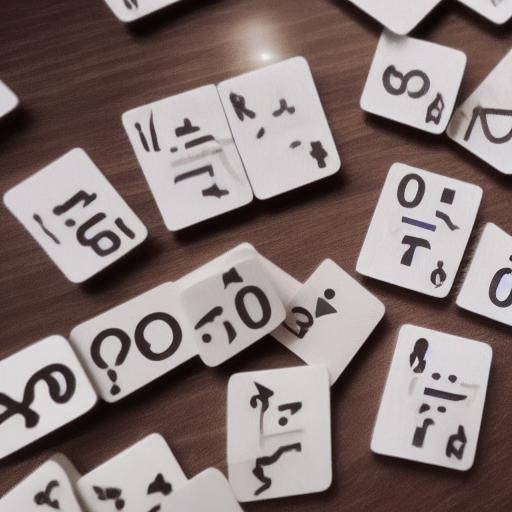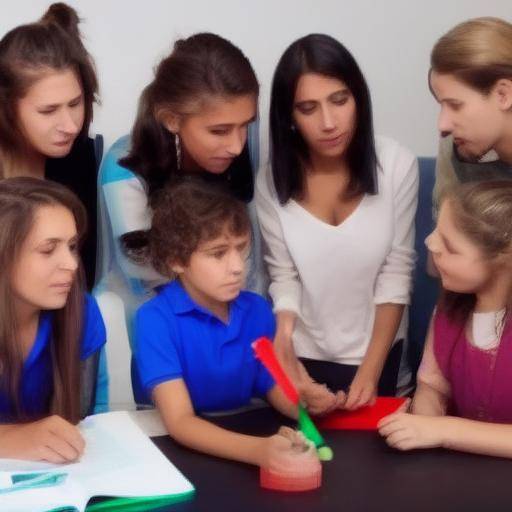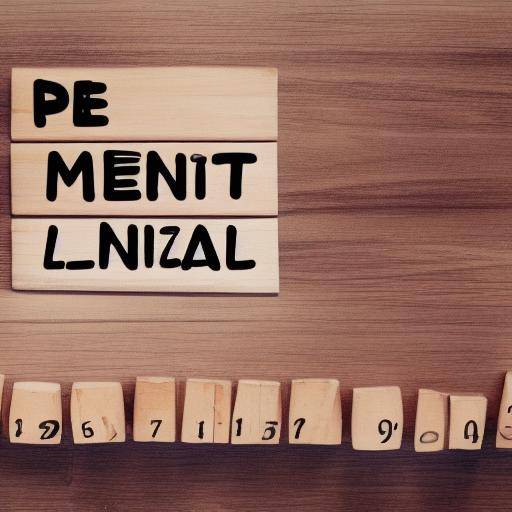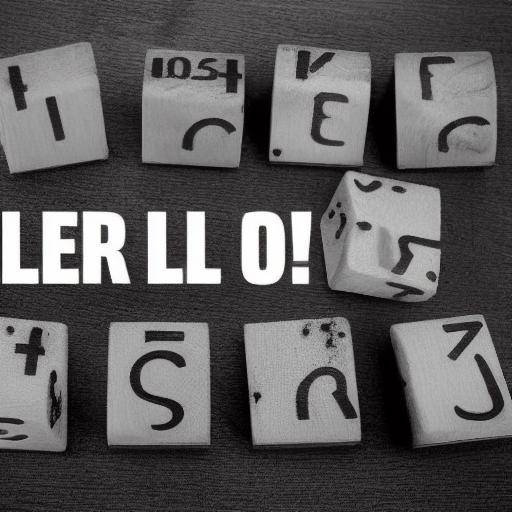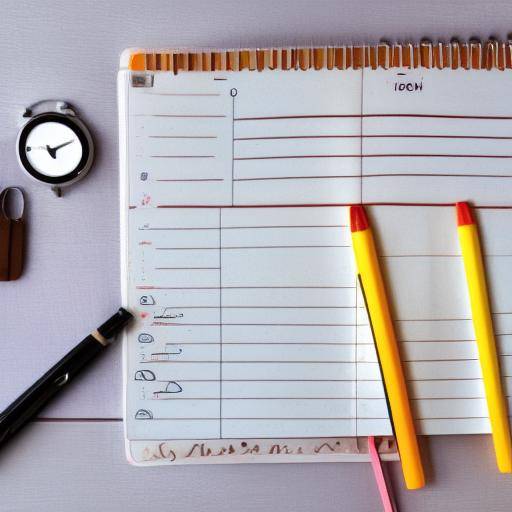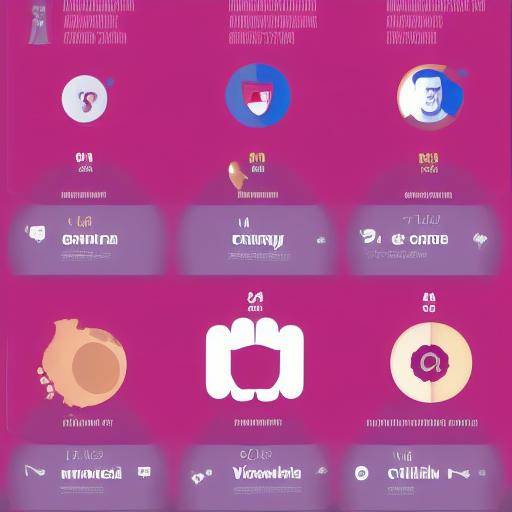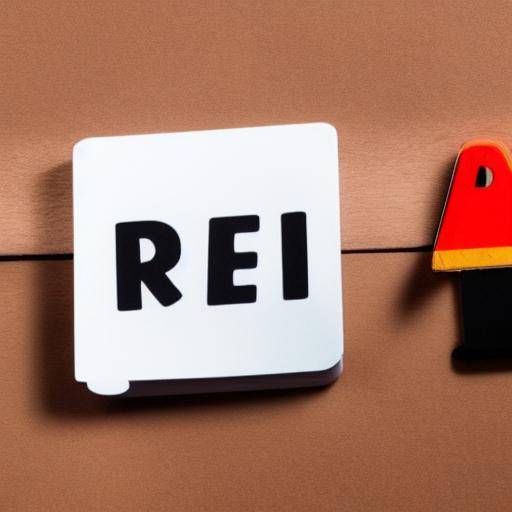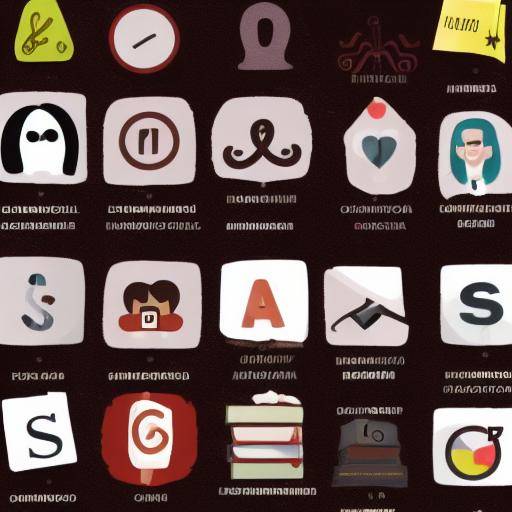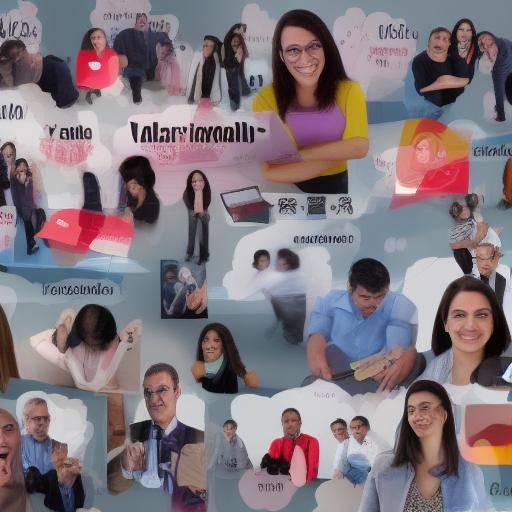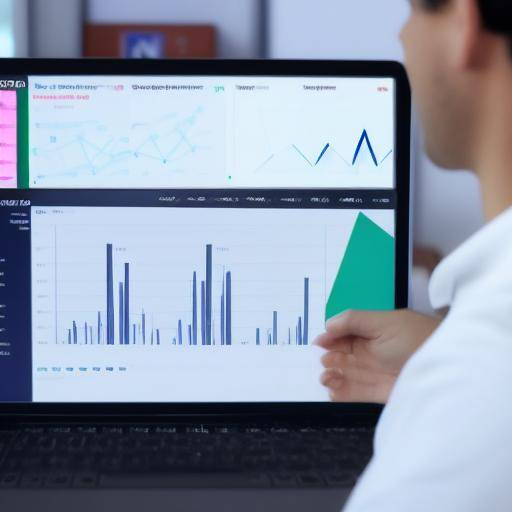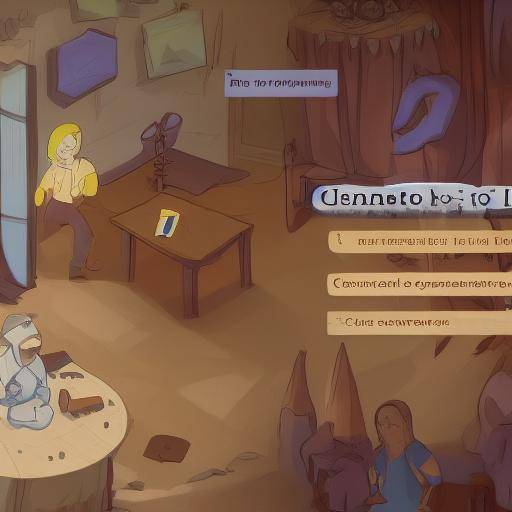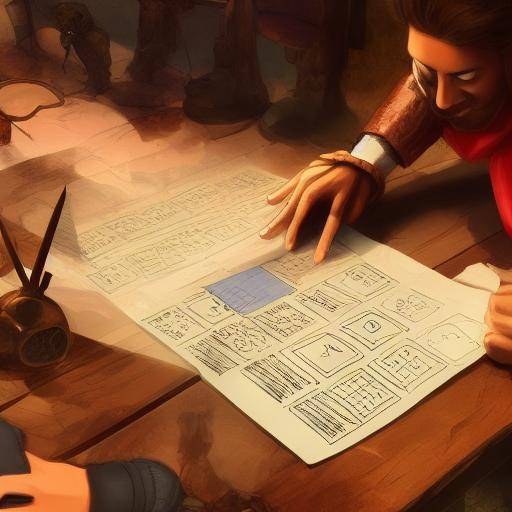
Introduction
The evaluation of personal progress is essential for development and growth in all areas of life. One of the effective methods for evaluating personal progress is role-playing, a technique that simulates real-life situations to get feedback and improve skills. In this article, we will explore in detail how to use role-playing as an evaluation tool in personal development. You will learn about your history, benefits, challenges, practical applications, and future trends of this technique. In addition, we will provide practical advice, expert information, case studies and predictions on their impact on personal development.
Role-Playing History and Background
The role-playing has its roots in the theatre, where the actors represented fictional roles, but its evolution has led to its application in psychotherapy, education and personal development. Throughout history, role-playing has proven to be an effective tool to improve empathy, communication, problem solving and decision-making. From its beginnings to today, it has experienced a remarkable evolution, adapting to various areas of life.
Detailed Analysis of Role-Playing
The role-playing offers significant benefits in evaluating personal progress, as it allows people to face challenging situations in a controlled environment. However, it also presents challenges, such as the need for a safe environment and the validation of results. By exploring its current trends, we see an increase in its application in corporate training, therapy and social skills training.
Comprehensive Review: Applications and Best Practices
In assessing personal progress, role-playing is applied in resolving interpersonal conflicts, developing leadership skills, conducting job interviews and strengthening self-esteem. Successful practices include proper preparation, constructive feedback and adaptation to different scenarios. However, it is crucial to consider the challenges and limitations in implementing role-playing in personal development.
Comparative analysis
By comparing role-playing with other methods of evaluation of personal progress, such as performance assessments and goal analysis, we see significant differences in the experiential immersion offered by role-playing. Although each method has its advantages and disadvantages, the role-playing highlights its ability to simulate authentic situations and generate practical learning.
Tips and Suggested Actions
By using the role-playing to evaluate oneself, it is essential to establish realistic scenarios, receive meaningful feedback and reflect on the experiences experienced. We will provide practical advice on how to design and execute effective role-playing sessions in the personal and professional field, including step-by-step guidelines and expert recommendations.
Industry Information and Expert Reviews
Experts on psychology, human resources and personal development offer valuable insights on the effectiveness of role-playing in evaluating personal progress. Their views and analysis will provide a complete overview of the future implications of this technique and emerging trends in personal development.
Case Studies and Practical Applications
We will explore real cases of individuals who have used role-playing to evaluate their personal progress, highlighting the results obtained and lessons learned in the process. These case studies will offer practical ideas on how to effectively implement role-playing in different contexts.
Future Trends and Predictions
Finally, we will examine emerging trends in role-playing and their impact on the evaluation of personal progress. Based on current data and expert opinions, we will present predictions on the role that role-playing will play in personal development in the future, together with the challenges and opportunities that may arise.
Conclusion
In short, the role-playing is a powerful technique for evaluating personal progress, providing a platform for experiential learning and self-reflection. By employing this technique effectively, individuals can improve their interpersonal skills, make more informed decisions and strengthen their trust. This article has provided a detailed overview of how to use role-playing in evaluating personal progress, offering a deep understanding of its history, benefits, challenges and practical applications.
Frequently asked questions
1. How can role-playing be used in evaluating personal progress?
Role-playing can be used to simulate real-life situations that challenge skills and strengthen personal development. By representing realistic scenarios, people can receive significant feedback and improve their communication skills, problem solving and decision-making.
2. What are the key benefits of role-playing in personal development?
The benefits of role-playing include increased empathy, improved communication skills, conflict resolution practice and building self-confidence. This technique provides a safe way to face challenges and receive constructive feedback.
3. What are the challenges in implementing role-playing in evaluating personal progress?
Some challenges include creating a safe environment for role-playing, objective validation of results and adaptation to different personalities and communication styles. It is essential to address these challenges to maximize the benefits of role-playing in evaluating personal progress.
4. What role does role-playing play in developing leadership skills?
Role-playing provides an effective platform for practicing and improving leadership skills, such as decision-making, conflict resolution and effective communication. By simulating leadership situations, individuals can strengthen their skills and prepare for real challenges in professional environments.
5. How can role-playing improve troubleshooting skills?
Through role-playing, people can face challenging scenarios and practice problem solving in a practical and realistic way. This technique provides a unique opportunity to develop effective strategies and analytical skills in decision-making.
6. What are the future trends of role-playing in evaluating personal progress?
Future trends include greater integration of role-playing into personal development, education and entrepreneurship programmes. In addition, innovative technologies, such as virtual reality, are expected to offer new ways of using role-playing to assess personal progress.
With this series of frequent questions, it is intended to provide a complete understanding of the role-playing application in the evaluation of personal progress and its benefits in personal and professional development.
Conclusion
In conclusion, role-playing is a valuable and effective technique for evaluating personal progress, offering unique opportunities for experiential learning and skills development. By understanding the history, benefits, challenges and practical applications of role-playing in evaluating personal progress, individuals can make the most of this technique for their personal and professional growth.







